Subletting refers to a process in which an existing tenant effectively transfers his rented property to someone else. In practice, the majority of tenancy agreements will contain a clause to restrict subletting by the original tenant, either absolutely or conditionally, upon obtaining the landlord’s consent. This process poses challenges for both landlords and tenants as true property owners remain unaware of the additional subletting tenants.

At Ackroyd Legal, we are leading the way through our unrivalled services for...

Our dedicated property licensing specialists are renowned...
In cases involving commercial property, subletting is more common and, as such, will be more likely to lead to disputes between landlord and tenant. As commercial leases are different from residential leases and these are more diverse, so subletting of commercial properties results in complex situations. To mitigate these challenges, clear and comprehensive subleasing clauses should mentioned in the tenancy agreements. Also, regular inspections of rental property by the head landlord or from the agency person can mitigate these risks.
Illegal subletting means that the transfer was not lawful, either because it was absolutely prohibited according to the terms of the lease or because the landlord has not given consent, although it should be noted that refusal should not be considered unreasonable. In cases of illegal subletting, the landlord may apply for a court order against unlawful sublet or, in extreme cases, for the forfeiture of the lease itself. It involved the termination of the tenancy agreement if the tenant failed to comply with the terms and conditions outlined in the rental agreement.
In defending an action for subletting, the tenant may submit that the landlord acted unreasonably in withholding their consent and may even claim compensation, known as damages, for any consequential financial loss that they have suffered. Damage in this scenario can be a financial loss incurred due to these allegations. Tenants may present evidence and arguments to demonstrate the unreasonable allegations by the landlord. It is always advisable to resolve disputes by communication, and in some cases, the landlord and tenants agree to a new tenancy agreement with updated terms and conditions that suit both parties.
Because disputes between landlords and tenants can escalate very quickly, it is essential to get legal advice as soon as possible when an issue arises, with a view to reaching a resolution before an action has to be brought. The expert property solicitors at Ackroyd Legal have diverse experience in acting for both landlords and tenants when disputes arise. We will look at all of the facts of your case and provide clear, practical advice on the next steps. Our expert solicitors gain a comprehensive understanding of the scenarios in your case through consultations. They review tenancy agreements and assess any potential legal difficulties involving all parties to mitigate potential risks.

Adverse possession arises when someone makes a claim to a piece of land which is disputed…
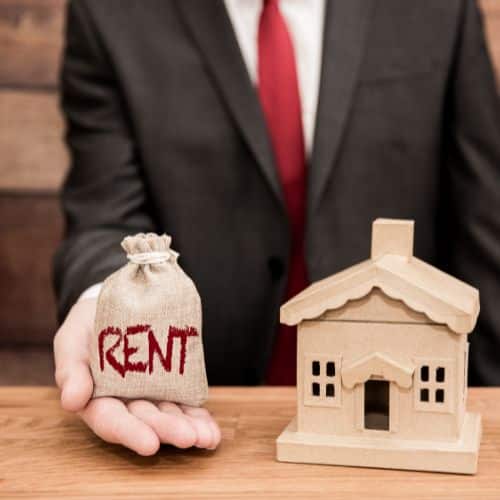
Our specialist solicitors can provide legal advice and guidance throughout the commercial rent review…

Contractual disputes may arise over many different types of agreement can provide…

Contractual disputes may arise over many different types of agreement can provide…

Because disputes between landlords and tenants can escalate very quickly, it is essential to get…

If you are affected by a restrictive covenant that is in place either to protect your interests…
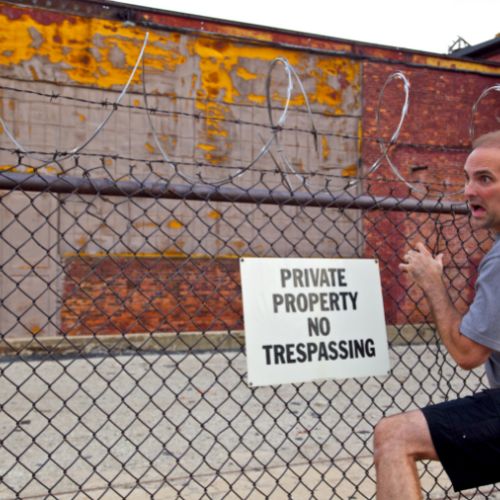
If you are involved in a trespass situation as either an owner or as an occupier…

Our expert team has diverse experience in all aspects of landlord and tenant law…

Our team of specialist property law solicitors have many years’ experience in commercial…
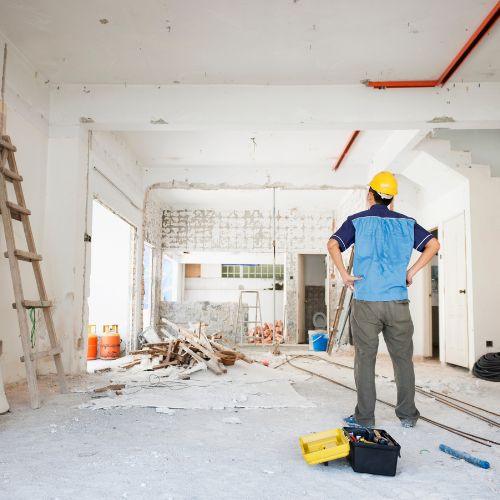
We have many years’ experience in dealing with property development disputes…

Possession claims arise when a landlord or stakeholder is forced to take possession…
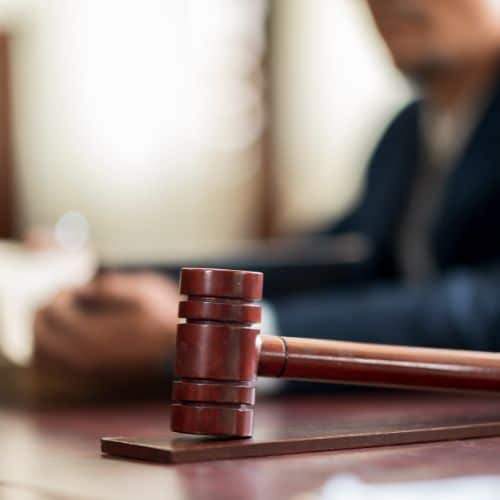
n injunction is a court order that is granted to prevent another party from taking a particular course…

Boundary disputes arise when the boundary of a property is unclear or is brought into question…

Leasehold disputes commonly arise between freeholders and leaseholders, and will often…

When two or more people share ownership of a property, disputes are most likely to arise…

A right of way is a legal right that has been established by usage to pass through land or property…

Planning appeals may arise in cases when planning applications do not achieve the desired outcome…
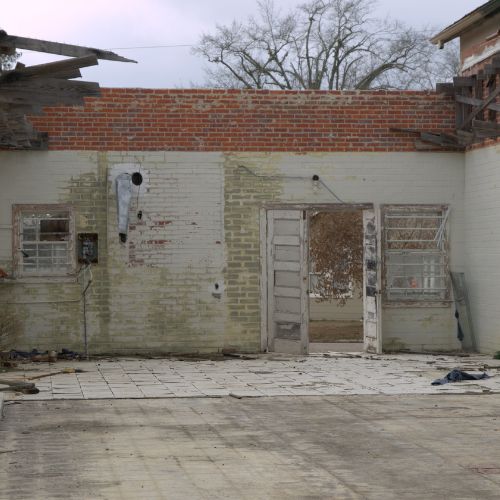
Negligence and private nuisance are classed as civil wrongs in English law…

A restrictive covenant refers to a legal provision that places restrictions upon the use of land…

Obligations relating to property repairs and maintenance rest upon landlords and tenants alike…

The term dilapidations refer to a property’s state of disrepair where there is a legal liability…

Criminal law involves the state/government bringing a prosecution against an individual…

At Ackroyd Legal, our dedicated team of immigration lawyers take a human…

We are well versed in looking after the interests of our…

With the global economy growing at a fast rate investing in the UK is an increasingly…

Our team of intellectual property solicitors provide a robust understanding of the…

Personal injury is the legal term for an injury or illness that is caused or…

Dispute resolution is the process of resolving disputes between parties which…

Our dedicated team of risk management solicitors are highly experienced in solving problems…
GET IN TOUCH

16 Prescot Street,
London, E1 8AZ
Ackroyd Legal is a trading style/name of Ackroyd Legal (London) LLP , which is authorised and regulated by the Solicitors Regulation Authority, SRA No. 554585 and is a LLP registered in England & Wales, Company No. OC360125; VAT no. 445717436;
David Ebert LLP is a separate entity from Ackroyd Legal (London), LLP and are authorised and regulated by the Solicitors Regulation Authority, SRA no. 558176.